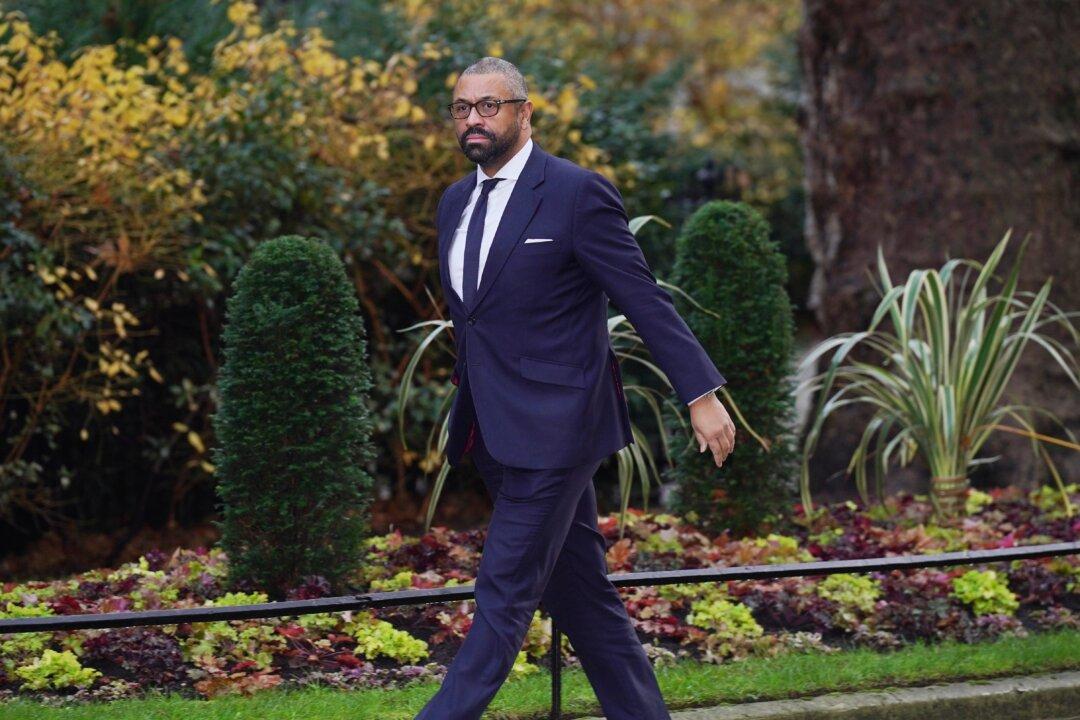The government has cleared the first hurdle in Parliament to push through an emergency bill in a bid to revive its plan to deport illegal immigrants to Rwanda.
The Safety of Rwanda (Asylum and Immigration) Bill passed the second reading on Tuesday evening by 313 votes to 269 despite a rebellion from the right wing of the Conservative Party.





